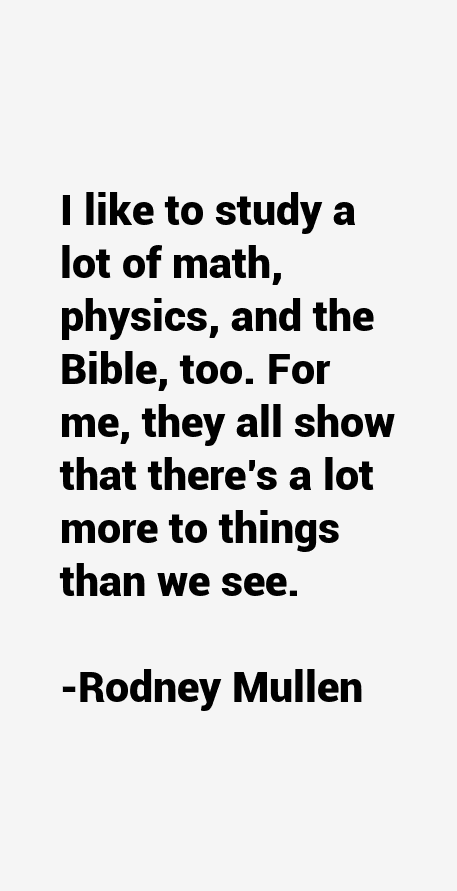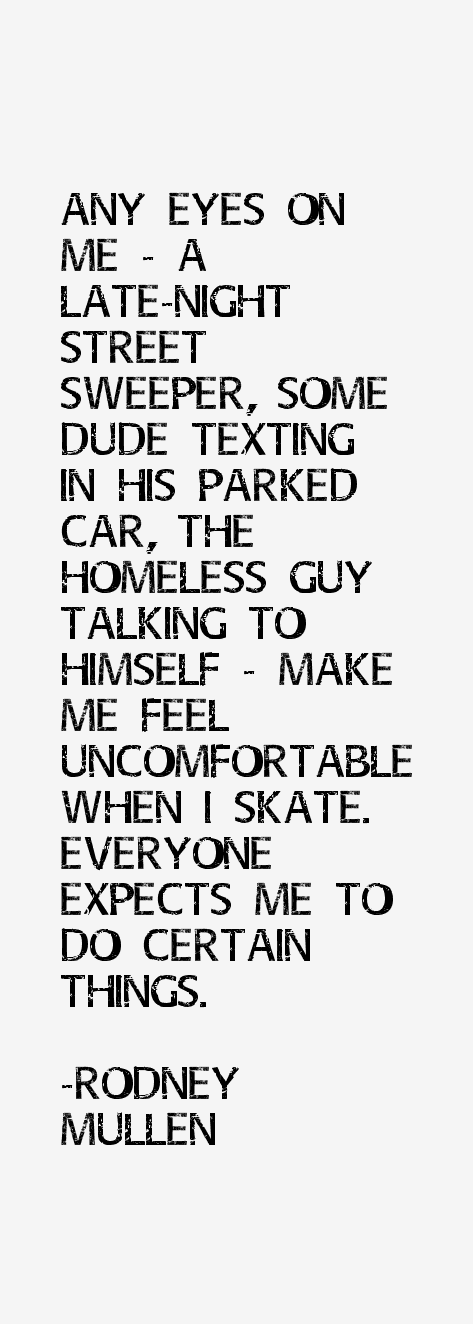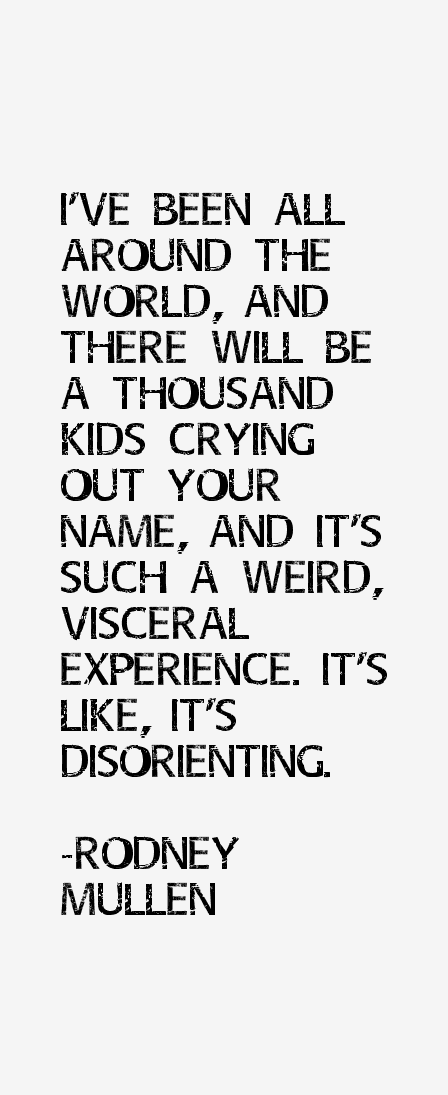Rodney Mullen Quotes & Sayings
7 most famous Rodney Mullen quotes and sayings. He's a 59 year old American athlete born on Aug 17, 1966.
“Skaters, I think they tend to be outsiders who seek a sense of belonging, but belonging on their own terms, and real respect is given by how much we take what other guys do, these basic tricks, 360 flips, we take that, we make it our own, and then we contribute back to the community the inner way that edifies the community itself.”

“I like to study a lot of math, physics, and the Bible, too. For me, they all show that there's a lot more to things than we see.”

“Any eyes on me - a late-night street sweeper, some dude texting in his parked car, the homeless guy talking to himself - make me feel uncomfortable when I skate. Everyone expects me to do certain things.”
“As a kid, I grew up on a farm in Florida, and I did what most little kids do. I played a little baseball, did a few other things like that, but I always had the sense of being an outsider, and it wasn't until I saw pictures in the magazines that a couple other guys skate, I thought, 'Wow, that's for me,' you know?”

“I've been all around the world, and there will be a thousand kids crying out your name, and it's such a weird, visceral experience. It's like, it's disorienting.”
“It wasn't until '79 I won my first amateur championship, and then, by '81, I was 14, and I won my first world championship, which was amazing to me, and in a very real sense, that was the first real victory I had.”
“I learned to skate in our garage. We lived in the country in Florida, it was sort of farmish, and there was no cement anywhere else. Vert skating was the kind of skating that was done in pools, where you could get airborne and be weightless. The other style, which is what I did, was called free style, which was tricks you could do on flat ground.”
Rodney Mullen Quotes Rating
No Ratings Yet
Leave A Comment
























